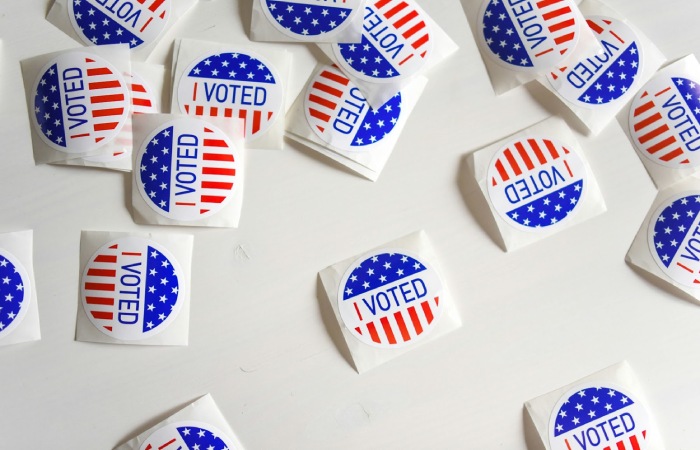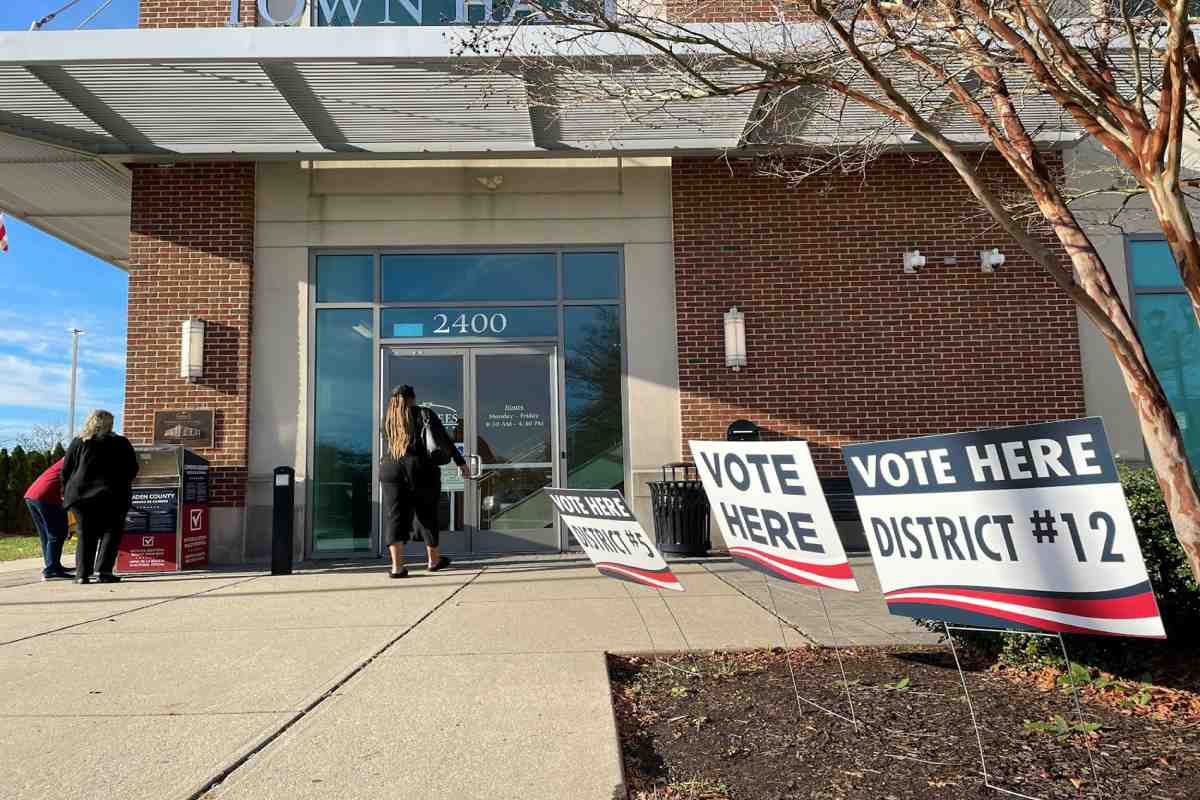Political Campaign’s Success: Reaching the right voters at the perfect moment is crucial for building momentum and support throughout a political campaign. Information is being involved in an ever-increasing number of political campaigns, and one of the best ways to increase outreach and effectiveness is through data enrichment.
Campaigns might better analyze voter behavior, tailor their messaging, and boost voter engagement by adding new, savvy data to their current voter data.
This article will examine the potential benefits of data enrichment for your political campaign and offer doable suggestions for leveraging enriched data to change the world.
1. Improved Voter Segmentation
It is essential to know who to target and how to connect with them during a political campaign. While traditional voter databases offer some information, data enrichment allows you to focus on your crowd more precisely.
Instead of simply dividing voters by basic demographics, enriched data enables segmentation based on interests, voting history, and lifestyle factors.
For example, with enriched data, you might discover a segment of suburban voters who are young parents concerned about education funding. Another segment might consist of retirees focused on healthcare and social security.
Creating specific segments allows you to tailor messaging that speaks directly to these voters’ concerns, leading to more impactful and resonant interactions.
2. Enhanced Personalization of Campaign Messages
Individuals are bound to respond to communications that mirror their values and concerns, which makes personalization a viable political marketing tactic. Sterling AI Data Enrichment service for Politics gives the data expected to fit messages as indicated by each voter’s individual characteristics.
For instance, a voter who cares about the environment could react favorably to messages about legislation addressing climate change, while a voter who is worried about economic expansion might appreciate an emphasis on job development.
Campaigns can use data enrichment to tailor their communication strategies, such as contacting younger voters on social media or sending older demographics direct mail. Through tailored communication, campaigns can break through the clutter and build deeper relationships with constituents.
3. Improved Predictive Modeling for Voter Turnout
A campaign’s ground game depends on its ability to forecast voter turnout. Campaigns can use data enrichment to develop prediction models that help them determine which voters are most likely to cast ballots, who could benefit from encouragement, and who might be receptive to change.
By integrating demographic data and past voting patterns, campaigns can determine which locations need more money and which individuals need more involvement.
Your campaign might remind voters of the importance of a midterm election, for instance, if they have a history of only casting ballots in presidential elections.
Alternatively, you can ensure that a particular group receives timely reminders and easy access to absentee ballot information if data enrichment indicates they are more likely to vote by mail.
4. Increased Efficiency of Campaign Resources
Making the most of available resources is essential because political campaigns have limited funding. Using richer data, you can direct campaign resources, such as funds, volunteers, or time, to the areas and voters most benefit from them.
Richer data lets you target voters most likely impacted by these initiatives instead of saturating an area with mailers or ads.
To spend resources in a way that promotes engagement, data enrichment also helps campaigns identify which communication channels are most effective for reaching each segment. Campaigns targeting high-value voters may be more effective overall and use their resources better.
5. Better Donor Targeting and Fundraising

Any political campaign must include fundraising, and data enrichment can make it easier to find possible donors and boost contributions.
Adding donor history and financial capability to your data may make constituents more inclined to donate and determine the right amount to ask for based on their giving capacity.
Data enrichment might, for instance, show that a particular group of supporters has a history of political contributions and a high net worth. With this information, your team can target this group with fundraising appeals instead of distributing requests to less likely donors.
Finding and concentrating on these high-potential donors can help your campaign raise money more effectively, which will support a well-funded and successful campaign strategy.
6. Improved Voter Retention and Re-Engagement
Keeping up with the motivation and engagement of current supporters is equally essential to campaigns as acquiring new ones. Utilizing data enrichment insights can affect voters who should be re-engaged or at risk of disengaging.
For instance, your campaign might send a tailored message or reminder to reconnect if data indicates that a once-active supporter has not replied to recent emails or social media posts.
Additionally, by focusing re-engagement efforts on lapsed supporters, data enrichment may help entice them to rejoin the cause through suitable messaging. Enriched data keeps supporters interested throughout the campaign by attending to their specific needs and concerns, which can be crucial in close races.
Final Thoughts
One helpful strategy for boosting a political campaign’s success is data enrichment. By adding additional information to voter profiles, campaigns may create prediction models, better understand voter segments, personalize messages, and optimize resource utilization.
Data enrichment helps campaigns create targeted, significant, and effective outreach initiatives, from finding the right funders to re-engaging at-risk supporters.
Data enrichment enables political campaigns to go beyond generic communications and connect with voters on a more personal level at a time when people seek relevance and individuality.
Stronger voter participation, more support, and ultimately, a higher likelihood of campaign victory are the outcomes of this. Your campaign can obtain a competitive edge by incorporating data enrichment into your approach and creating connections that inspire voters to cast ballots and voice their opinions on election day.


